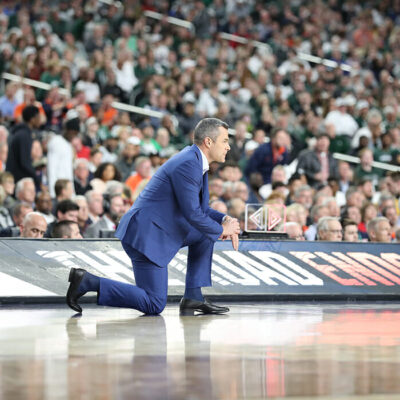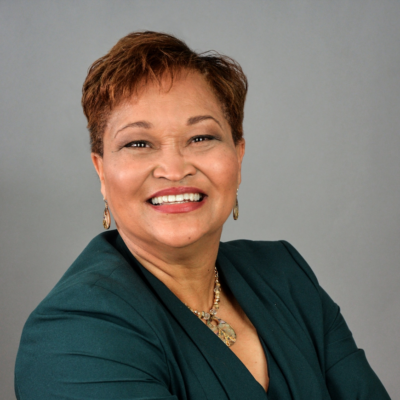“A lot of doctors have writer’s block,” says Dr. Daniel Becker, “but they all have stories and they all tell stories.” Think about that the next time you describe your odd symptoms to your physician—they might just end up in her next book. In addition to being the director of UVA’s Center for Biomedical Ethics and Humanities, Dr. Becker is a professor of nearly 30 years’ experience in the School of Medicine and an accomplished poet with an MFA from Warren Wilson College. In 2006 he launched Hospital Drive: A Journal of Reflective Practice in Word & Image, an online journal that publishes fiction, poetry, essays and art to which both laymen and doctors can relate. Creatively exploring themes of sickness, health, and healing, the journal takes after the Bellevue Literary Review and Ars Medica, two longer-standing publications that feature the work of medical professionals. In the academical village itself, Hospital Drive also complements Veritas, a literary-arts annual edited by medical students.
|
Hospital Drive is an online lit mag where medicine and literature intersect. |
Dr. Becker realized that the University needed a specific kind of literary journal after he began teaching a 7am writing course for School of Medicine faculty. Five weeks of full sessions revealed that Becker was not the only doctor with literary ambition on campus. He wondered if there might also be a number of medical professionals beyond UVA who needed a forum for their creative work. With minimal financial support and an offer of technical assistance from the dean’s office, Hospital Drive was born.
As editor-in-chief of the journal, Dr. Becker reads every poem that’s submitted. Managing Editor Addeane Caelleigh culls the prose submissions. “Sweat and inspiration” have also been provided by Heather Burns, Juliet Trail, Mary Beth Meachum-Whitehill, and former dean Sharon Hostler. For Becker, editing is not “as fun as writing,” but as a critical reader he publishes a caliber of work on par with more established medically themed lit journals, which is no small task considering that medical voices are multiplying. Perhaps more doctors are realizing, like the physician poet William Carlos Williams, that medicine and writing aren’t at odds, that “the one nourishes the other.” There’s more to medical school these days than labs and cadavers. According to Becker, “[The schools] are paying more attention to the ways in which doctors burn out and encouraging people to develop reflective habits.”
He sees similarities between the practices of medicine and writing: “Both involve intense concentration. You lose track of yourself and get absorbed in something else.” And doctors have already mastered “habits of hard work and diligence and being well organized” that are essential to the writing life. Medicine and literature aren’t so different after all.
William Carlos Williams once said, “I think all writing is a disease. You can’t stop it.” These doctors don’t seem to want to heal themselves anytime soon.
C-VILLE welcomes news tips from readers. Send them to news@c-ville.com.






